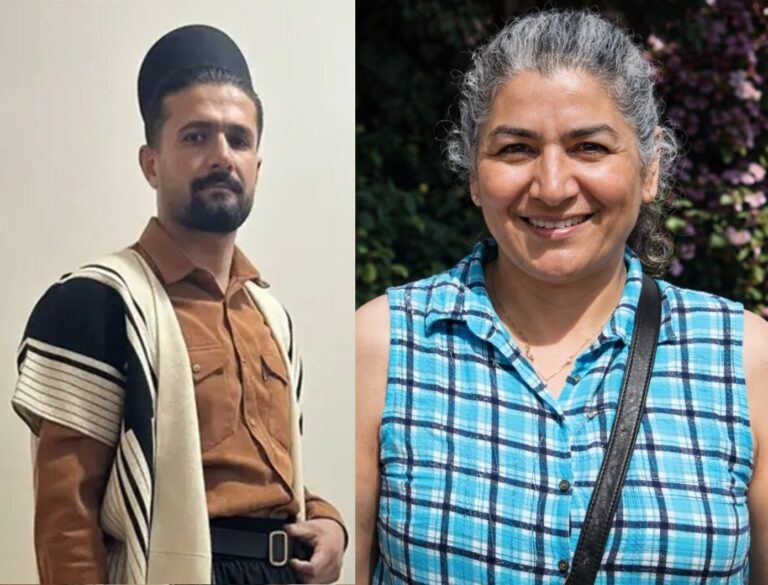
A house-church leader serving a six-year sentence for “propagating Christianity” has returned to a prison on the other side of the country from his wife and daughter, after a first visit home since his sudden transfer five months ago.
Abdolreza Ali Haghnejad, known as Matthias, was transferred without warning – or the chance to say goodbye to wife Anahita and daughter Hannah – back in July, and had to pay for his travel expenses to return home to Anzali, which is in north Iran, 1,000 miles from Minab Prison in the far south.
Matthias has been serving this particular sentence since January 2022, but has spent much of the past five years in prison, having only just been acquitted of a five-year sentence – for “promoting ‘Zionist’ Christianity” – before his re-arrest and imprisonment two weeks later.
Indeed, Matthias has been in and out of prison since his first arrest in 2006 – all because of his leadership of house-churches.
Iran is a signatory of the International Covenant of Civil and Political Rights, which protects rights including peaceful assembly (Article 21) and freedom of religion or belief (Article 18), but house-churches have been labelled “enemy groups” of a “Zionist cult” by current president Ebrahim Raisi, and members – mostly converts from Islam – charged with “acting against national security”.
In reality, the activities of these house-churches are no different from other church groups around the world, but the Iranian authorities have sought to paint their activities as different from the Armenian and Assyrian minority churches whose activities are largely tolerated, provided members do not evangelise.
However, in response to a rapid rise of conversions to Christianity in recent years, the Iranian authorities banned Armenian and Assyrian churches from permitting converts to attend or preaching in the national language of Persian, and closed down the churches that refused to comply.
This led to the rise of the so-called “house-churches”, as converts had – and still have – no other place to worship.
Since then, thousands of Iranians have been arrested, and hundreds prosecuted, solely due to their attendance or leadership of house-churches.
Matthias is just one example.



0 Comments